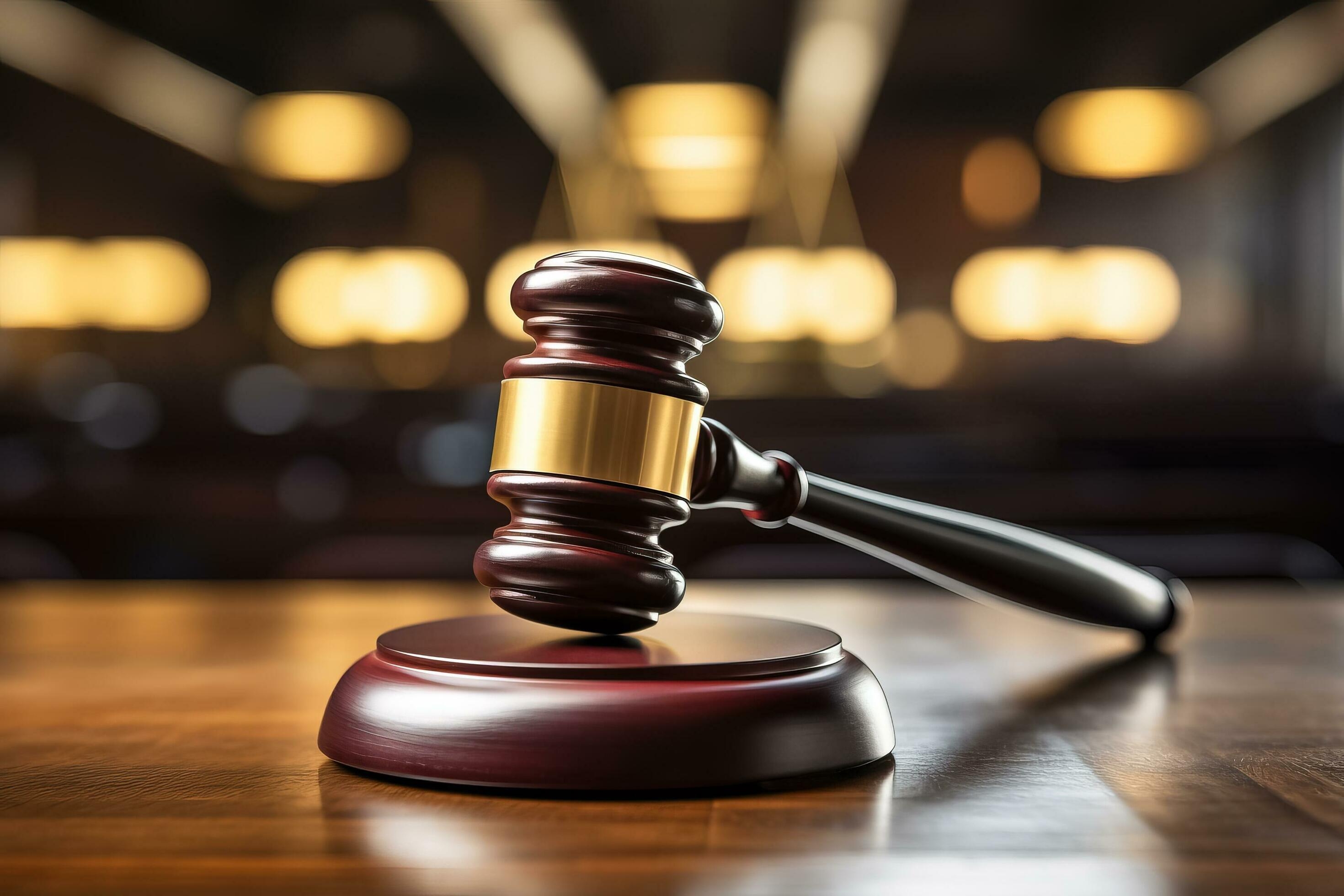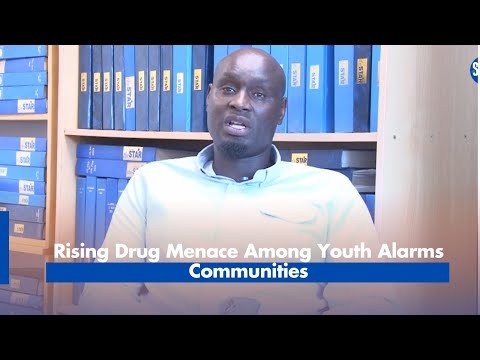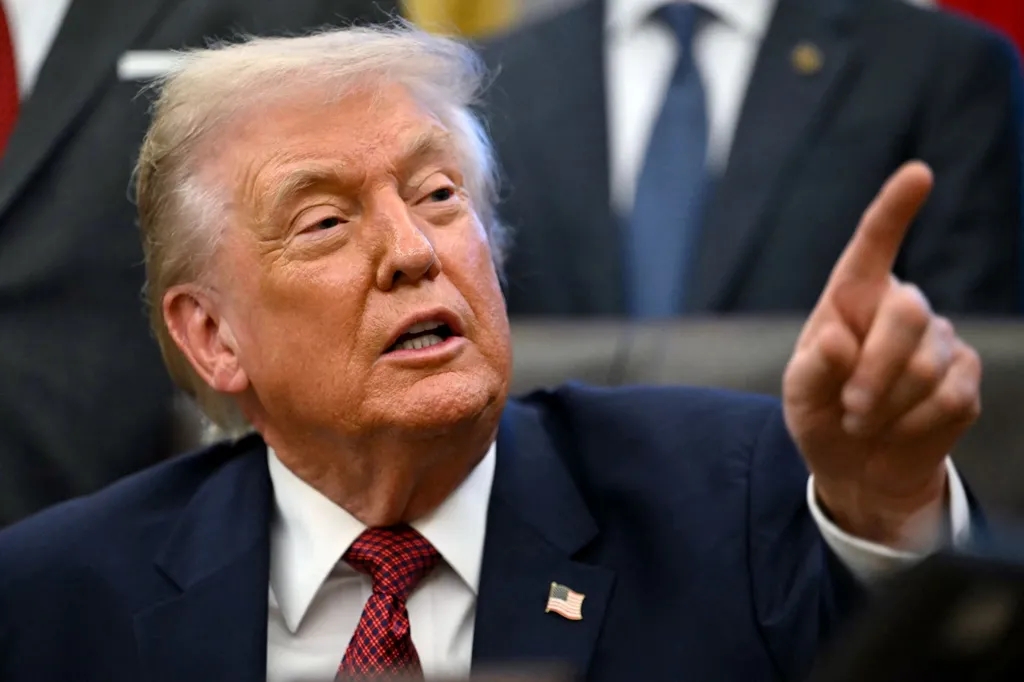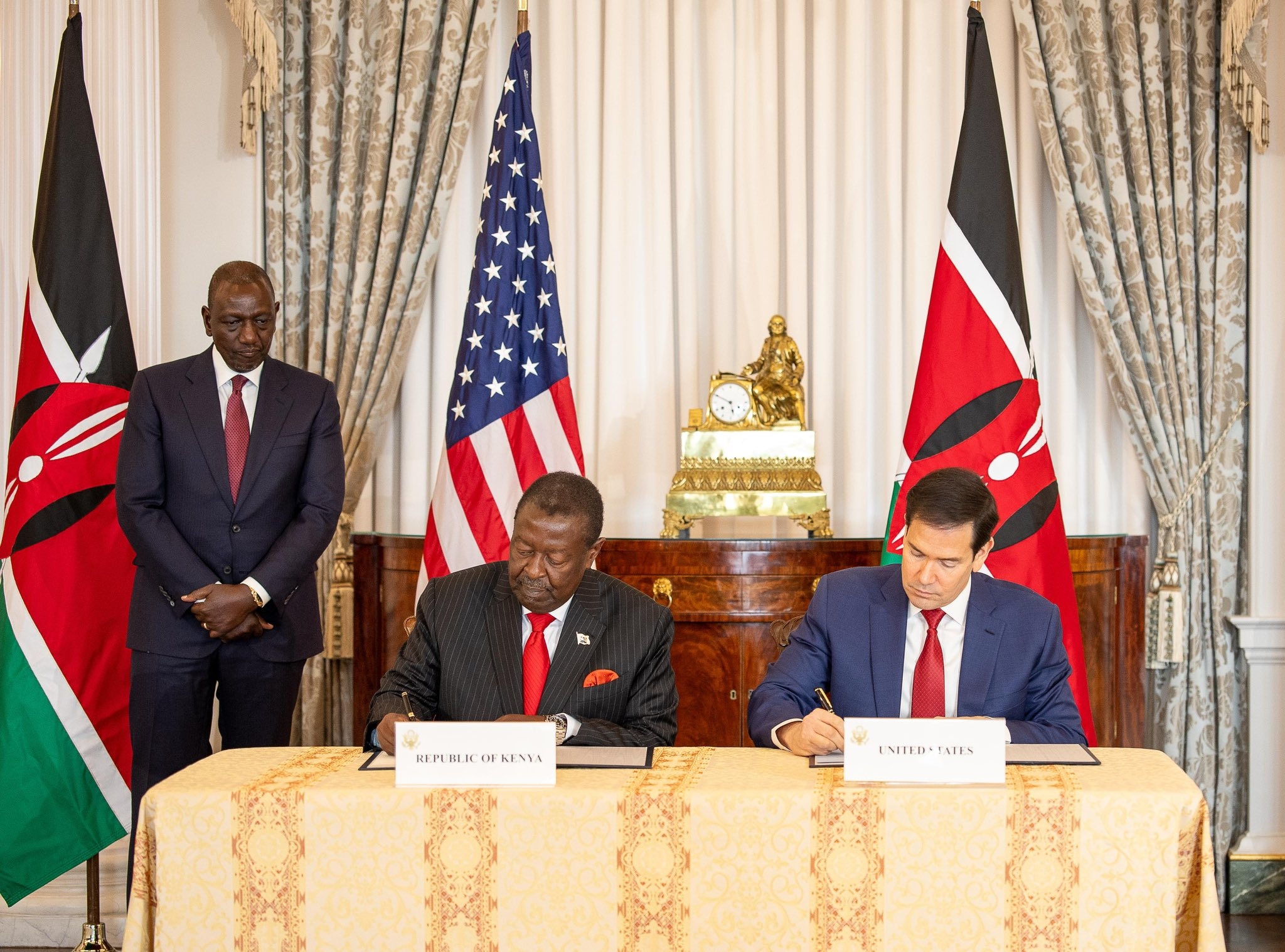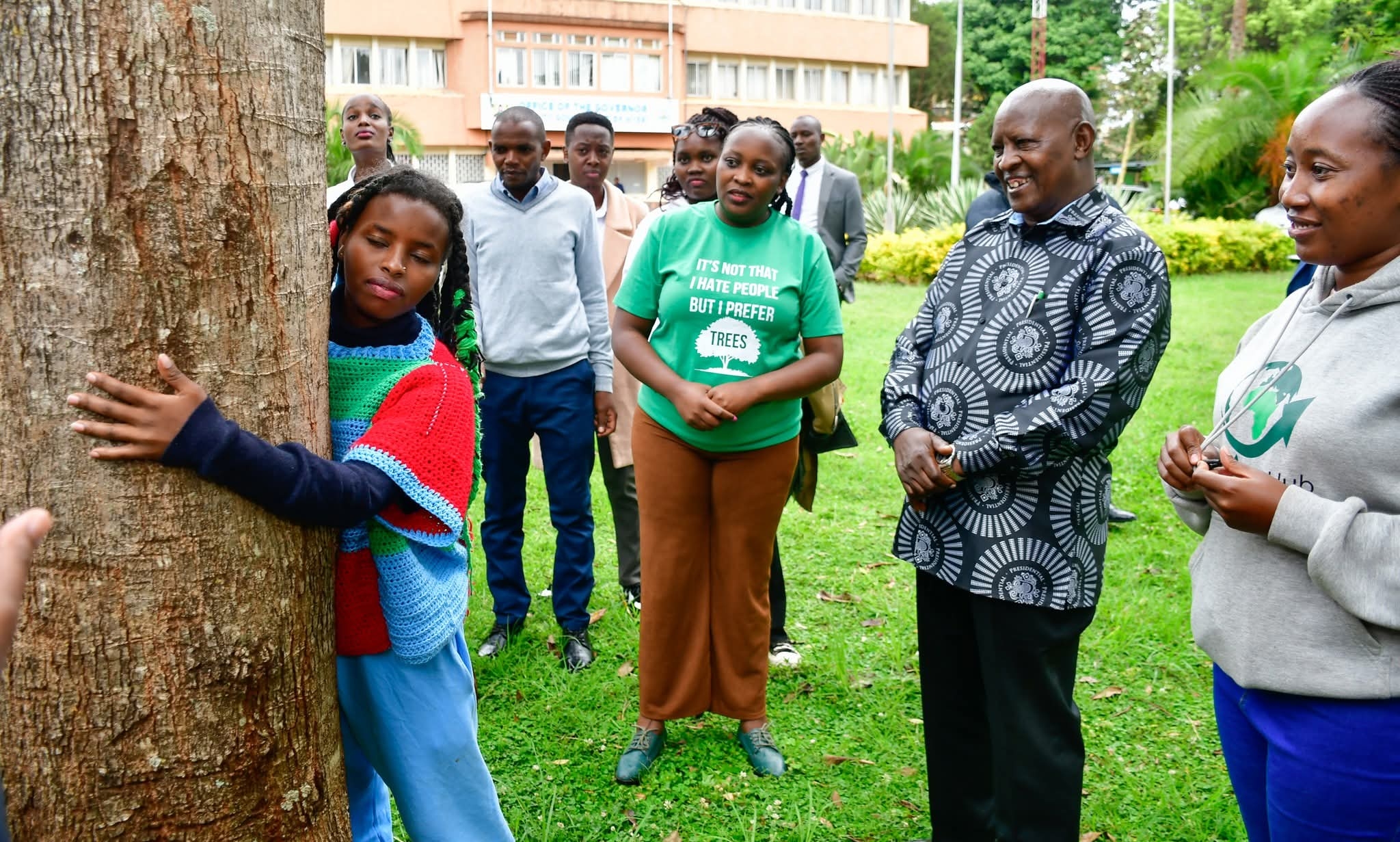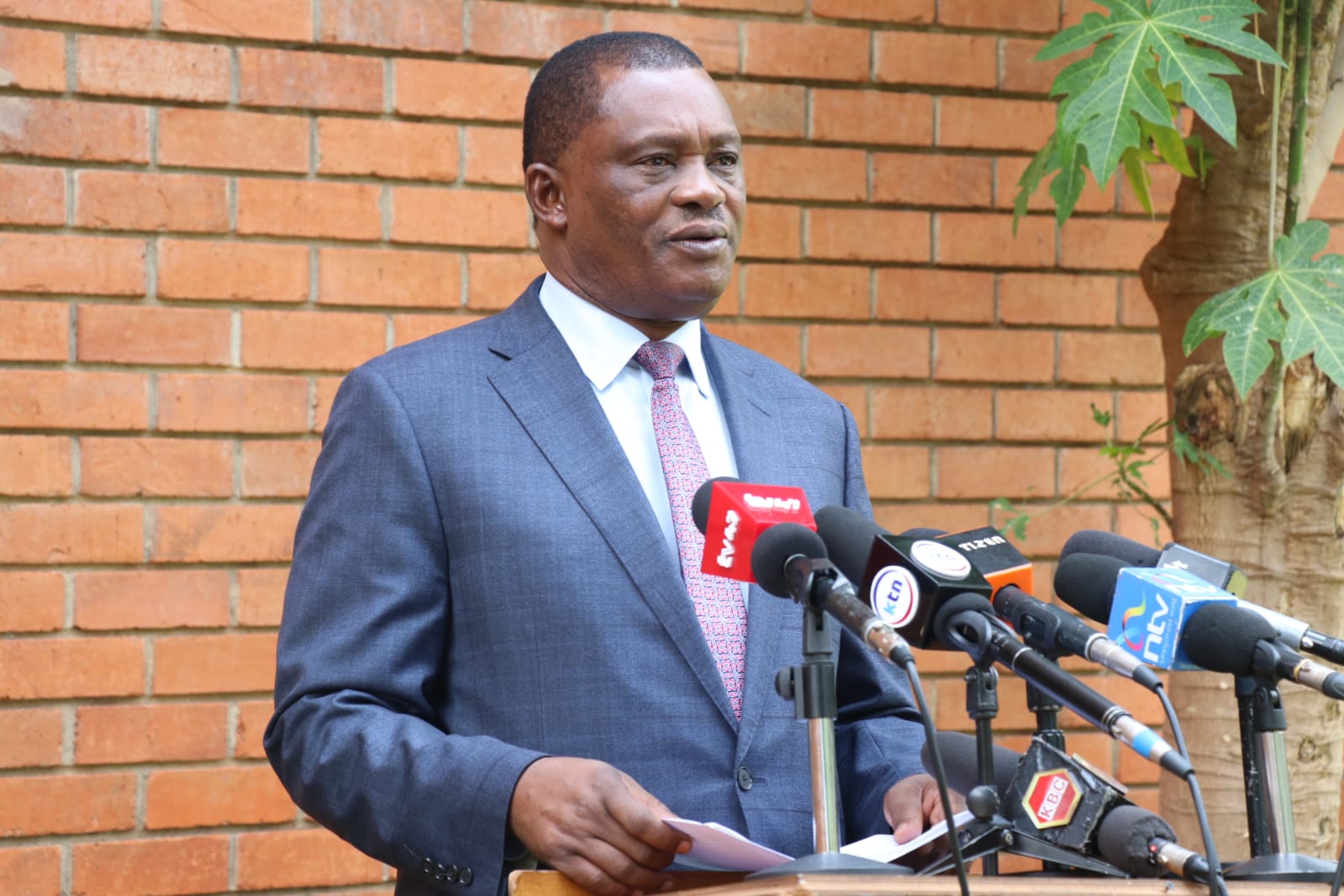
Former Attorney General Justin Muturi
Former Attorney General Justin Muturi has intensified calls for transparency from police authorities regarding the arrest, transfer, and detention of Albert Ojwang, a case drawing growing public interest.
Addressing a press conference in Nairobi, Muturi raised concerns about the procedure and conduct of officers involved, urging the police to provide a full account of the events.
He questioned the legality of the arrest, seeking clarity on whether a formal complaint had been filed by Deputy Inspector General Eliud Lagat, and if so, the location and timing of that report.
“There should have been a formal complaint and an arrest warrant. Kenyans want to know whether such a complaint was filed by DIG Eliud Lagat, and if so, at which police station and on what date and time,” Muturi said.
He also called for details surrounding Ojwang’s transfer from Mawego Police Station in Homa Bay to Central Police Station in Nairobi, including the identities and responsibilities of the officers involved.
“We want to know who ordered the CCTV cameras to be turned off,” Muturi said.
“When Albert was taken from Homa Bay, he reportedly had no physical injuries. It is important to establish the circumstances under which he sustained injuries. We request access to the cell register to verify whether he was held with other inmates or placed in solitary confinement.”
Ojwang died from head injuries, neck compression, and multiple soft tissue trauma, an autopsy revealed.
Pathologists ruled out the narrative that self-inflicted injuries caused the death. He was hit in the head and strangled.
Further, he had multiple injuries on his hands.
Ojwang, who died in custody at the Central Police Station, was assaulted and suffered multiple body injuries, a team of pathologists led by government pathologist Bernard Midia concluded.
“He had head and neck injuries. There were other multiple injuries consistent with assault,” he said.
He made the remarks after completing an autopsy on Ojwang’s body on Tuesday.
He insisted Ojwang did not hit himself on the wall as earlier reported in a police report.
“When we examined … the pattern of the injury, especially on the trauma I found on the head…. Hitting against a blunt substance like a wall would have a pattern,” he said.





